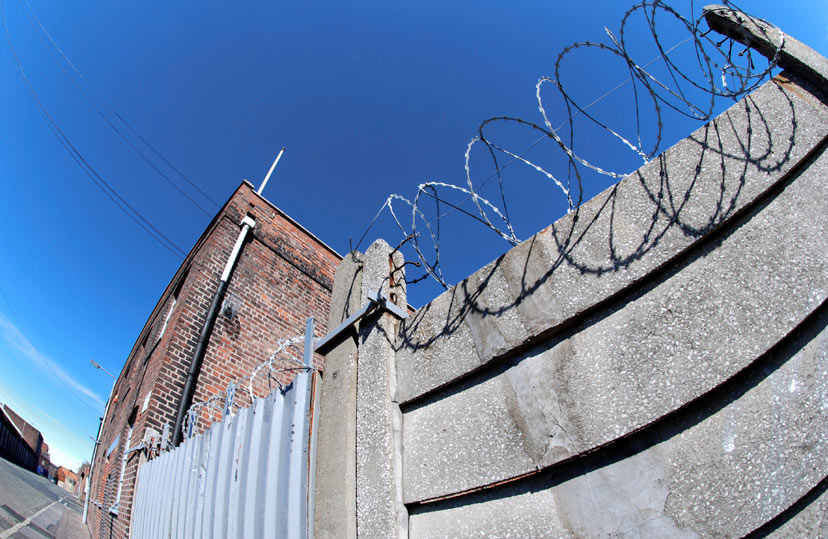
We have a long history of helping bereaved families to secure justice and accountability for the death of a loved one. It is important to us that you remain at the heart of the process and are in as much control as you can be at this exceptionally difficult time.
The families we have represented have lost a father, mother, sibling, son or daughter whilst in the detention of the state. Often their death was self-inflicted but that does not necessarily mean they intended to die.
We have represented the families of women who died whilst detained at HMP Brockhill, HMP Send and HMP Foston Hall. We have represented the families of five men who died whilst detained at HMP Woodhill. We have also acted for families of those who died while detained at HMP Pentonville, HMP Thamesside, HMP Peterborough, HMP Elmley, HMP Gloucester & HMP Bullingdon
We also act for families whose loved one has died while they were detained under the Mental Health Act, in immigration detention or other state detention such as court cells.
The process usually starts by the coroner opening and adjourning the inquest while related investigations take place. For deaths in prison this is usually an investigation by the Prison and Probation Ombudsman. They will look at relevant documents and talk to staff who had dealings with your loved one. They will present their findings in a report and may make recommendations to the establishment to make improvements. A copy of the report will be sent to you and the prison and the coroner. You will be invited to comment on the report and we can help you with this.
The coroner will usually use the report to help them identify the issues that the inquest will need to address. We will make representations on your behalf to ensure that the issues that concern you are at the forefront of the coroner’s mind.
The inquest will usually be before a jury who will hear evidence from witnesses and written documents and decide in what circumstances your loved one came by their death including whether there were any failings by the state that more then minimally or trivially caused or contributed to the death. If the coroner thinks there is a risk of further deaths then they can make a report to those with the power to make changes to prevent such deaths. This is often calls a regulation 28 report. All those who receive such a report must respond to it either stating what changes they will make or explaining why no changes are necessary.
We can also help you in the other processes that arise after a death including securing accountability of those responsible for the death through criminal and/or disciplinary proceedings, bringing compensation claims and securing policy changes.
IN THIS SECTION
Deaths in prison
Deaths in police custody
Deaths in immigration detention
RELATED NEWS
